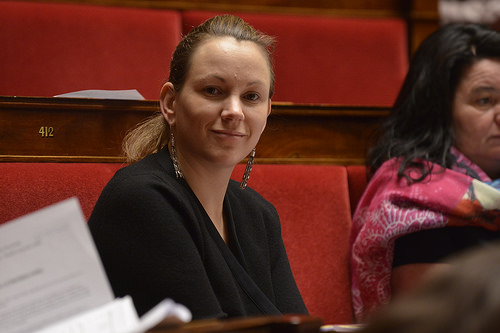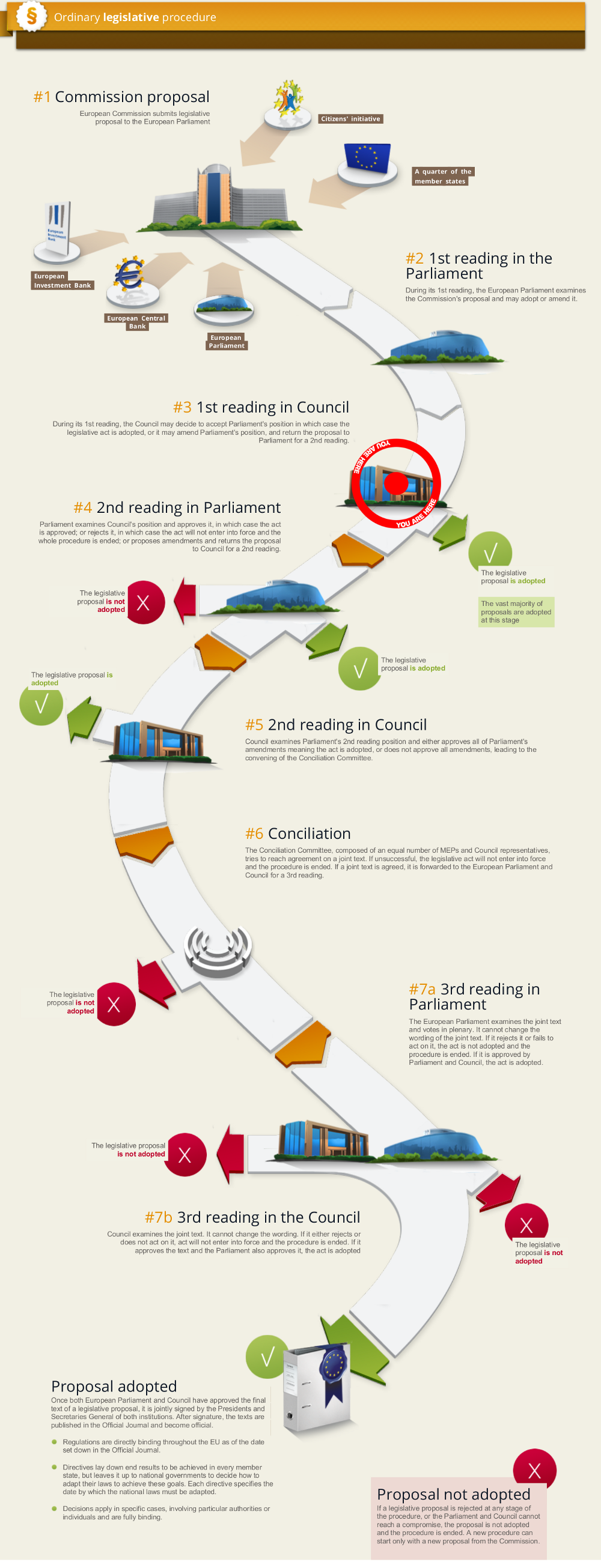Paris, 3 June 2014 — On June 6, during the next Council meeting, ministers will be invited to share their position regarding the proposal for a Regulation on Net Neutrality. After the rise of eurosceptical forces in the recent European elections, will the European governments be ready to support the European Parliament’s vote and defend our freedoms?
Net neutrality made the headlines again these last weeks with the FCC’s (Federal Communications Commission) decision to open the way to commercial discrimination – “fast-lanes” – on the Internet. This is a major loss for the Net Neutrality principle in the US, when, in Europe, the European Parliament voted in April in favor of a strongly defined and protected Net Neutrality.
But the European Parliament’s vote on the issue, which should lead to important progress, is far from being consolidated. On June 6, the Council of the European Union, which brings together the governments of every Member State, was due to present a “general approach”. This report was to provide the Member States’ first position on the proposal of the Commission, which has been vividly criticized for its weak framing of specialised services and its ambiguous and contradictory definition of the principle it set out to defend. This report would have helped understand where Member States stand regarding the Parliament’s more demanding position.
But the agenda published at end of May shows on the contrary that the process is slowing down, if not stopped, as now a mere “progress report” is announced.
This leads to believe that governments have not yet taken clear positions on this dossier or that a number of them do not want this Regulation to move forward. One should fear that this delay is intended to avoid adopting a strong definition of Net Neutrality and taking position on the Members of Parliament’s recent decision.
What is the French position in this process?
Each Member State has an important role to play in the final decision. While Italy, the next Member State to hold the Presidency of the Council, has clearly expressed a strong support of the Net Neutrality principle, France’s position remains extremely unclear.
For the April vote, the French government called to reject [fr] the amendments defending a neutral Internet that certain socialist MEPs – such as Catherine Trautmann – had struggled to promote and which have been adopted. This inconsistant attitude has – de facto – aligned France on the position defended by large telecom operators [fr].

Axelle Lemaire
But the newly appointed French Secretary of State on Digital Affairs Axelle Lemaire – who was still a deputy at the time – had called to support [fr] the amendments tabled by the socialist MEPs, going against the French government’s position and bringing potential internal dissent. Consistantly, her first public statement [fr] after her nomination clearly indicates that she remains attached to Net Neutrality.
Arnaud Montebourg
In the light of these obviously contradictory positions, one can legitimately wonder what final position France will be taking in the upcoming meeting. Will it be that of the telecom lobbies that Arnaud Montebourg has been zealously defending or that of a real Net Neutrality for which citizens have strongly campaigned and that Axelle Lemaire seems to still stand for?
French citizens are entitled to know what position their country will take in these negotiations, as they are crucial for the future of Internet. The Manuel Valls government must openly state how it stands on this sensitive issue and allow a public debate to take place. Has France’s position changed since April 3, or will we witness a duel between two ministers disagreeing on the substance of the subject they are dealing with?
Turning Net Neutrality into a political, economic and social matter
A few hours ahead of the Council meeting, La Quadrature du Net has written an open letter [fr] to the French government asking for a clear and public position to be taken on Net Neutrality, in line with that taken by MEPs and civil society.
The government must understand that Net Neutrality is a real political issue:
- Net Neutrality is a founding principle of the Internet and as such belongs to our informational commons;
- Net Neutrality guarantees freedom of communication and equality for citizens;
- Net Neutrality breeds innovation in the digital economy thereby providing a determining advantage to European companies;
- In the elections aftermath, the French government must hear the demands of the citizens and of the MEPs of its group [fr] in order not to let the euroscepticals lead the battle for fundamental freedoms.
“After the May 25 elections, as the European Parliament becomes more strongly occupied with euroscepticals, it is crucial that the position of the Council and that of France as part of this Council, be one of the defence of European democracy and its citizens. Will the French government help those wanting to bury the European Parliament’s position?” declared Miriam Artino, in charge of legal and political analysis for La Quadrature du Net.
“La Quadrature du Net will be carefully watching and asks the French government, its Minister of Economy Arnaud Montebourg and its Minister of Digital Affairs Axelle Lemaire to take a clear position on Net Neutrality and to defend it within the Council.” concluded Adrienne Charmet-Alix, Campaign Coordinator for La Quadrature du Net.


